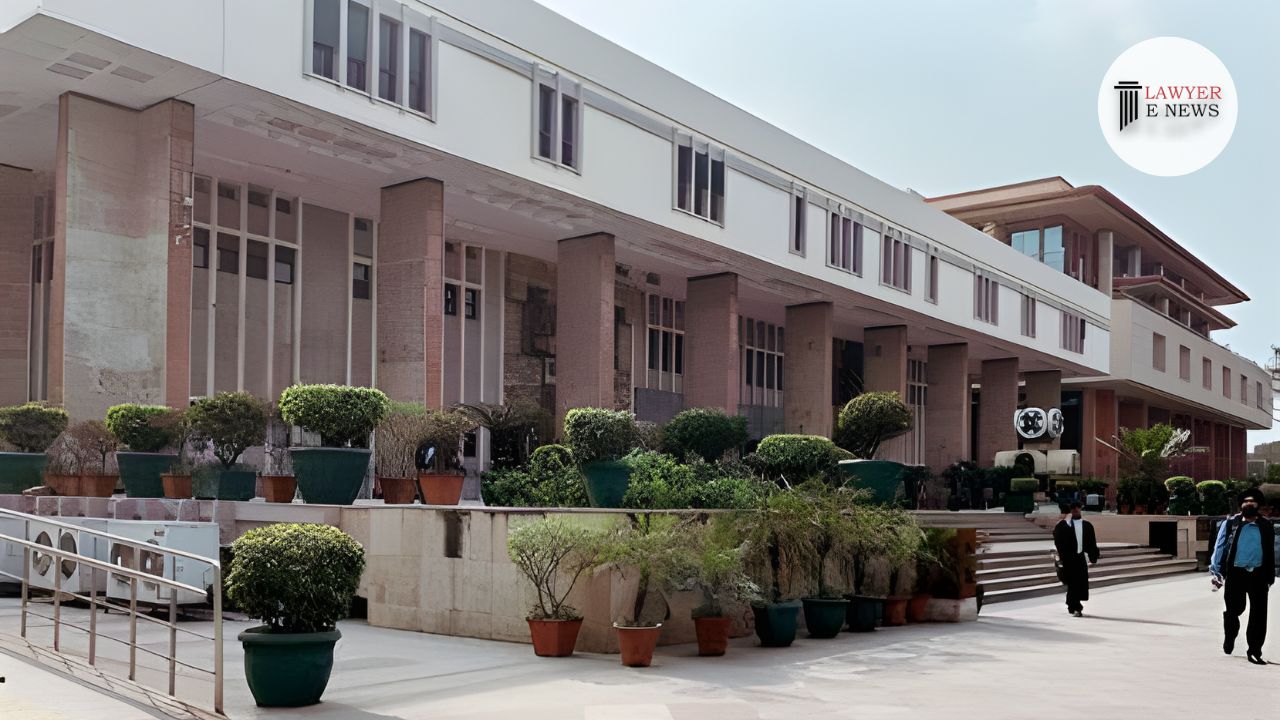-
by Admin
15 February 2026 2:36 AM



In a significant legal ruling, the Delhi High Court has clarified the period of limitation for filing appeals against divorce decrees issued by Family Courts. The decision, delivered by a bench comprising HON’BLE MR JUSTICE SANJEEV SACHDEVA and HON’BLE MR JUSTICE VIKAS MAHAJAN, brings clarity to a long-standing conflict between two key statutes, the Hindu Marriage Act, 1955, and the Family Courts Act, 1984.
The judgment stems from the case of XXX Vs XXX, where the appellant challenged a divorce decree issued under Section 13(1)(ia) of the Hindu Marriage Act, 1955.
The key observation from the judgment, which also serves as the headline, is the resolution of the legal tangle surrounding appeal filing deadlines. The court, in its judgment, remarked, "The period of limitation for filing an appeal from a judgment and order of a Family Court constituted under the Family Courts Act would be 30 days and not 90 days." This observation effectively settles the discrepancy in the two statutes and has far-reaching implications for appeal procedures in divorce cases.
The judgment delved into the intricate aspects of statutory interpretation, examining the non obstante clause in Section 20 of the Family Courts Act and determining which law prevails regarding appeal deadlines. It clarified that Section 28 of the Hindu Marriage Act, 1955, governs appeal periods when filed with the District Court, while Section 19 of the Family Courts Act dictates the timeline for appeals from Family Courts.
While the judgment brings clarity to the issue, it also acknowledged the need for legislative action, stating, "In principle, we concur with the view expressed by the Supreme Court in Savitri Pandey (supra) directing the Ministry of Law and Justice to amend the law... However, it was for the Parliament to amend the statutes."
The decision also allows for the possibility of condoning delays in filing appeals beyond the prescribed period under Section 5 of the Limitation Act, 1963, providing some flexibility in exceptional cases.
This judgment is expected to have a significant impact on divorce proceedings in Delhi, as it streamlines the appeal process and ensures uniformity in the timelines for filing appeals from Family Court decisions.
In a related development, the court granted the appellant an opportunity to file an application seeking condonation of delay within 15 days, with the next hearing scheduled for October 16, 2023.
This decision by the Delhi High Court marks a crucial step towards legal consistency and clarity in divorce cases, potentially benefiting countless individuals navigating the complexities of family law in the National Capital Region.
Date of Decision: 12 September , 2023
xxx vs xxx
